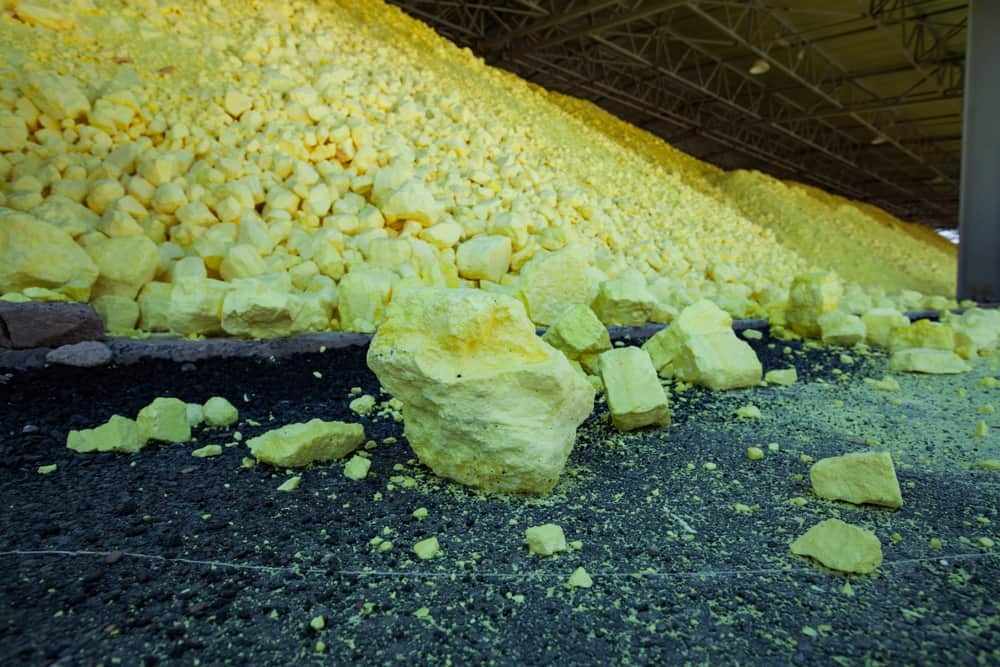
IMARC Group’s “Triisopropanolamine Manufacturing Plant Project Report 2025: Industry Trends, Plant Setup, Machinery, Raw Materials, Investment Opportunities, Cost and Revenue” report provides a comprehensive guide on how to successfully set up a triisopropanolamine manufacturing plant. The report offers clarifications on various aspects, such as unit operations, raw material requirements, utility supply, infrastructural needs, machinery models, labour necessities, transportation timelines, packaging costs, etc.
In addition to the operational aspects, the report also provides in-depth insights into triisopropanolamine manufacturing plant cost, project economics, encompassing vital aspects such as capital investments, project funding, operating expenses, income and expenditure projections, fixed and variable costs, direct and indirect expenses, expected ROI, net present value (NPV), profit and loss account, and thorough financial analysis, among other crucial metrics. With this comprehensive roadmap, entrepreneurs and stakeholders can make informed decisions and venture into a successful triisopropanolamine manufacturing unit.
Request a Sample Report: https://www.imarcgroup.com/triisopropanolamine-manufacturing-plant-project-report/requestsample
What is Triisopropanolamine?
Triisopropanolamine (TIPA) is a multifunctional chemical compound belonging to the alkanolamine group, commonly used as an emulsifier, neutralizer, and stabilizer in various industrial applications. It is a clear to pale yellow liquid with a mild ammonia-like odor, possessing both hydrophilic and lipophilic properties. TIPA is widely utilized in cement grinding aids, where it enhances the strength and performance of concrete by improving the dispersion of fine particles and reducing energy consumption during production. Additionally, it serves as a surfactant in metalworking fluids, corrosion inhibitors, and coatings. The compound also plays a role in personal care products, pharmaceuticals, and agrochemicals, where it functions as a pH adjuster and emulsifying agent, contributing to formulation stability and performance.
Market Trend and Drivers of Triisopropanolamine:
The triisopropanolamine market is driven by increasing demand across industries such as construction, metalworking, and personal care. The rising construction sector, particularly in emerging economies, is a key factor fueling demand for TIPA in cement grinding aids, as infrastructure development and urbanization continue to expand. Additionally, the growing use of metalworking fluids in the automotive and manufacturing sectors contributes to market growth, with TIPA playing a crucial role as a corrosion inhibitor and emulsifier. The shift toward sustainable and high-performance chemical additives has further increased the demand for TIPA in coatings and detergents. Regulatory compliance and environmental concerns have also influenced the market, prompting the adoption of eco-friendly formulations that incorporate TIPA as a key component. Furthermore, advancements in agrochemicals, driven by the need for enhanced crop protection solutions, have led to increased utilization of TIPA in pesticide formulations. The expansion of the pharmaceutical and personal care industries, where TIPA is used as a stabilizer and pH adjuster, adds to its market growth. Collectively, these factors contribute to the rising global demand for triisopropanolamine.
Key Aspects to Setup a Triisopropanolamine Plant:
Location to Setup Plant
Market Research
Plant Layout
Construction and Infrastructure
Equipment/Machinery Procurement
Documentation and Licenses
Cost Analysis
Requirements to Setup a Facility:
Funds
Machinery
Lands
Types of Costs to Setup a Factory:
Land, Location and Site Development Cost
Plant Layout Cost
Machinery Requirements and Costs
Raw Material Requirements and Costs
Packaging Requirements and Costs
Transportation Requirements and Costs
Utility Requirements and Costs
Human Resource Requirements and Costs
Project Economics:
Capital Investments
Operating Costs
Expenditure Projections
Revenue Projections
Taxation and Depreciation
Profit Projections
Financial Analysis
Key Questions Answered in the Report:
How has the triisopropanolamine market performed so far and how will it perform in the coming years?
What is the market segmentation of the global triisopropanolamine market?
What is the regional breakup of the global triisopropanolamine market?
What are the price trends of various feedstocks in the triisopropanolamine industry?
What is the structure of the triisopropanolamine industry and who are the key players?
What are the various unit operations involved in a triisopropanolamine manufacturing plant?
What is the total size of land required for setting up a triisopropanolamine manufacturing plant?
What is the layout of a triisopropanolamine manufacturing plant?
What are the machinery requirements for setting up a triisopropanolamine manufacturing plant?
What are the raw material requirements for setting up a triisopropanolamine manufacturing plant?
And more…
Browse Other Reports:
Canned Fruit Manufacturing Plant
How IMARC Can Help?
IMARC Group is a global management consulting firm that helps the world’s most ambitious changemakers to create a lasting impact. The company provide a comprehensive suite of market entry and expansion services. IMARC offerings include thorough market assessment, feasibility studies, company incorporation assistance, factory setup support, regulatory approvals and licensing navigation, branding, marketing and sales strategies, competitive landscape and benchmarking analyses, pricing and cost research, and procurement research.
Services:
Plant Setup
Factoring Auditing
Regulatory Approvals, and Licensing
Company Incorporation
Incubation Services
Recruitment Services
Marketing and Sales
Contact Us:
IMARC Group
134 N 4th St. Brooklyn, NY 11249, USA
Email: sales@imarcgroup.com
Tel No:(D) +91 120 433 0800
United States: +1-631-791-1145




















Write a comment ...